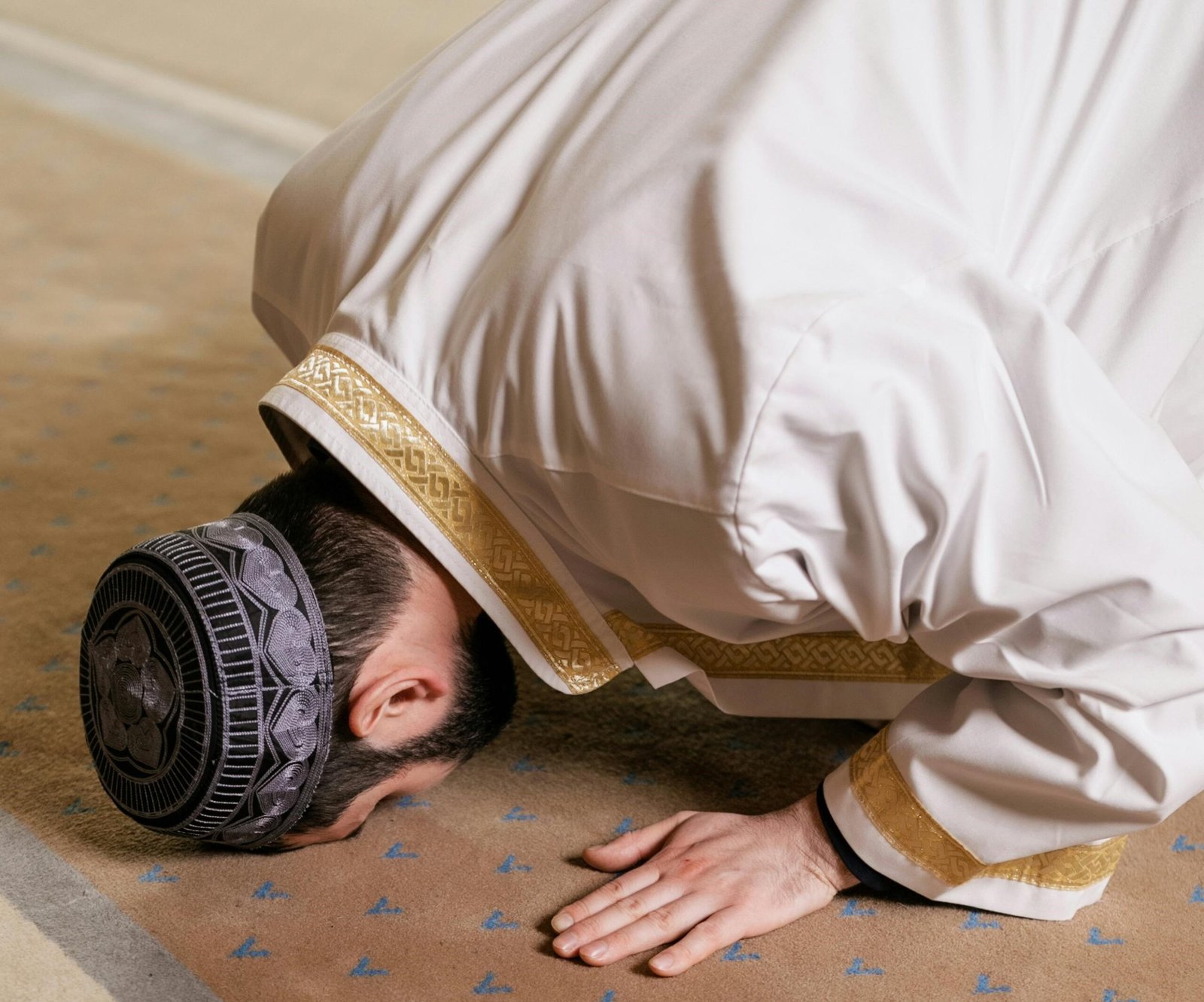The Five Pillars of Islam are the fundamental acts of worship and duties that every Muslim is obligated to observe. They form the foundation of a Muslim’s faith and practice. Let’s explore each one in detail.
1️. Declaration of Faith (Shahada)
The first and most important pillar of Islam is the Shahada — the testimony that there is no deity worthy of worship except Allah (S.W.T), and that Prophet Muhammad (S.A.W) is His final messenger.
This declaration is the entrance into Islam. It means believing and proclaiming that:
- There is no god but Allah, the one and only Creator, with no partner or equal. As Allah says in the Qur’an:
Surah Al-Ikhlas (Chapter 112):
“Say, ‘He is Allah, [who is] One, Allah, the Eternal Refuge. He neither begets nor is born, nor is there to Him any equivalent.'” (Qur’an 112:1-4)
 Prophet Muhammad (S.A.W) is the final prophet, sent to all of humanity, following a long line of prophets like Adam, Abraham, Noah, Moses, and Jesus (peace be upon them). His message completed and perfected the religion.
Prophet Muhammad (S.A.W) is the final prophet, sent to all of humanity, following a long line of prophets like Adam, Abraham, Noah, Moses, and Jesus (peace be upon them). His message completed and perfected the religion.
Surah
The Prophet (S.A.W) said:
“Whoever says ‘There is no god but Allah and Muhammad is the Messenger of Allah’ will enter Paradise.”
(Sahih Bukhari)
2️. Observing Prayer (Salah)

After declaring faith, the next obligation is performing five daily prayers at their appointed times:
- Fajr — before dawn
- Dhuhr — after midday
- Asr — in the afternoon
- Maghrib — immediately after sunset
- Isha — at night
Conditions for Prayer:
Prayer is obligatory for anyone who:
- Is a Muslim
- Has reached maturity (puberty)
- Is sane
The Prophet (S.A.W) said:
“The difference between a believer and a non-believer is abandoning the prayer.”
(Sunan At-Tirmidhi)
3️. Giving Zakat (Charity)
Zakat is an obligatory act of charity, where eligible Muslims give a portion of their wealth (usually 2.5% of savings) to those in need. It purifies wealth and promotes social welfare.
It is obligatory for those whose wealth reaches the Nisab (minimum taxable amount) and benefits specific categories mentioned in the Qur’an, including the poor, the needy, and others.
Qur’an 9:60:
“Zakat is for the poor, the needy, those employed to collect it, those whose hearts are to be reconciled, in freeing captives, for those in debt, in the cause of Allah, and for the stranded traveler.”
4️. Fasting in the Month of Ramadan (Sawm)
Fasting during Ramadan is obligatory for all adult, healthy, and resident Muslims. From dawn to sunset, one must abstain from food, drink, marital relations, and sinful acts like lying, gossiping, or fighting.
The Prophet (S.A.W) said:
“Whoever fasts Ramadan with faith and seeking reward from Allah will have his past sins forgiven.”
(Sahih Bukhari)
5️. Performing Hajj (Pilgrimage to Makkah)

Hajj is a pilgrimage to the holy city of Makkah, which every capable Muslim must perform once in their lifetime. It occurs annually during the Islamic month of Dhul Hijjah and includes a series of religious rituals.
Allah says:
Qur’an 3:97:
“Pilgrimage to the House is a duty owed to Allah by all who can afford the journey.”
Hajj serves as a powerful act of worship, spiritual cleansing, and unity for Muslims worldwide.
The Five Pillars of Islam are the essential acts that shape a Muslim’s faith, character, and relationship with Allah. Observing them strengthens one’s spirituality, builds community ties, and ensures a balanced, purposeful life.
